Researchers off the coast of Cuba discovered the remains of an underwater city so ancient, it predates the Pyramids of Giza.
This discovery was made more than two decades ago and its true origins remain shrouded in mystery. Some believe it marks the existence of a lost civilization, while others think the remains prove the existence of the fabled lost city of Atlantis.
The Initial Expedition
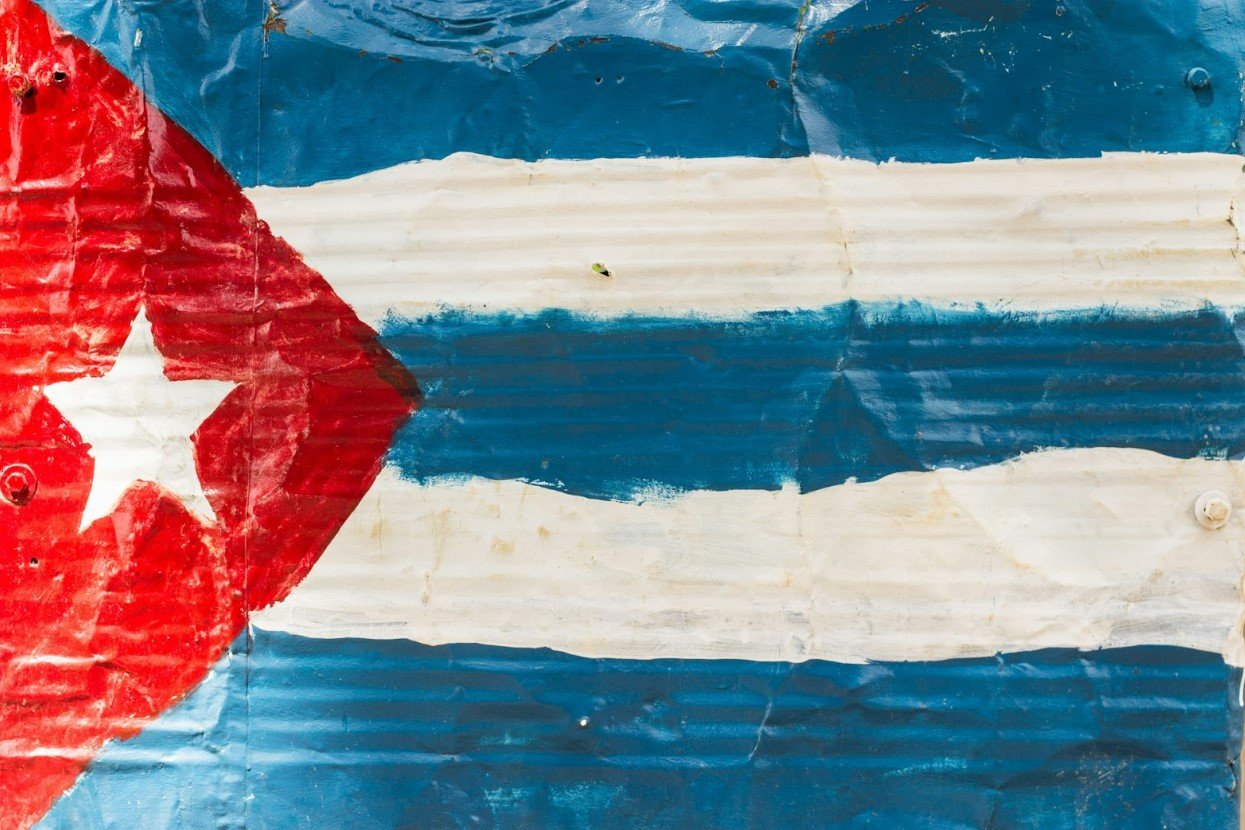
It all began just over 20 years ago with a research team from Canadian company Advanced Digital Communications (ADC), headed by the owners of ADC: marine engineer Pauline Zalitzki and her husband Paul Weinzweigl.
They were working in conjunction with four other firms exploring shipwrecks off the coast of Cuba on behalf of Fidel Castro’s Cuban government, many of which were laden with treasure dating back to the era of colonial Spain.
What They Found
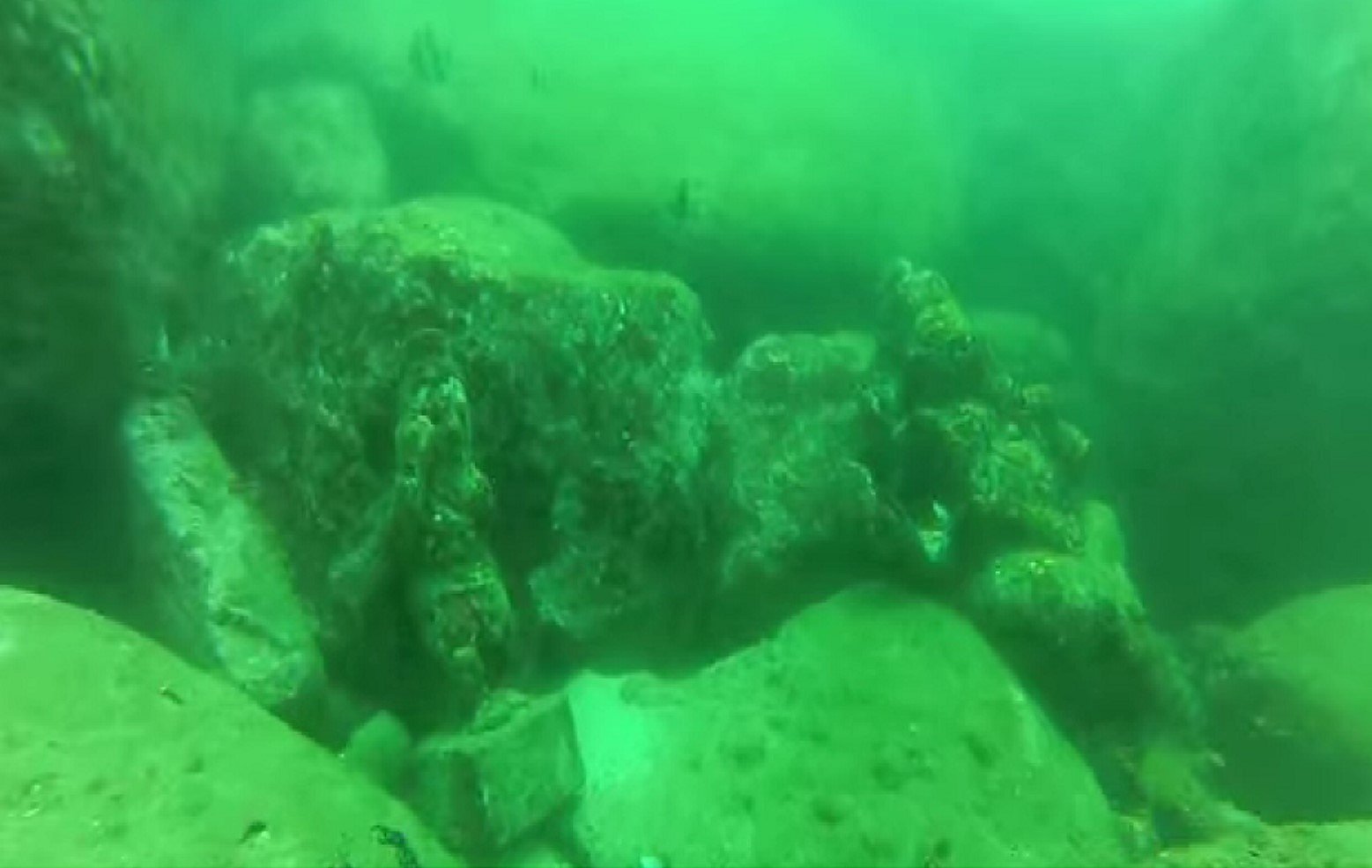
The Advanced Digital Communication (ADC) team was scanning the waters off the western coast of Cuba, off the tip of the Guanahacabibes Peninsula. They were using sonar equipment to scan the sea floor when they made a fascinating discovery.
They found what appeared to be the submerged remnants of an urban settlement.
The Urban Settlement
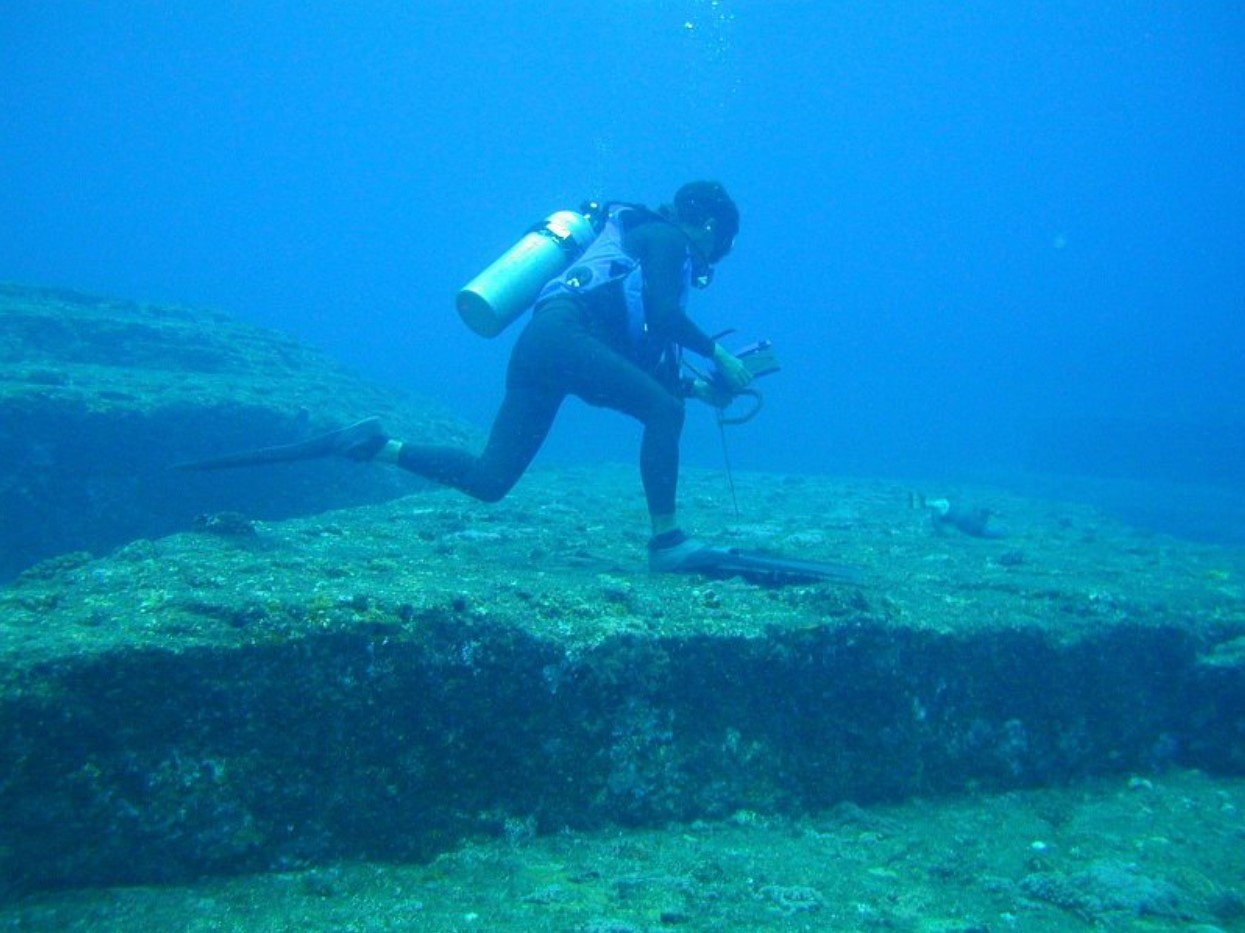
Sonar scans revealed what appeared to be smooth, aligned blocks of stone placed in what looked like distinct geometric formations.
This sparked the belief that they had found the remains of an urban settlement and prompted further research. Zalitzki and her husband returned to the site a year later alongside geologist Manuel Iturralde, senior researcher at Cuba’s Natural History Museum.
Further Investigations at the Site
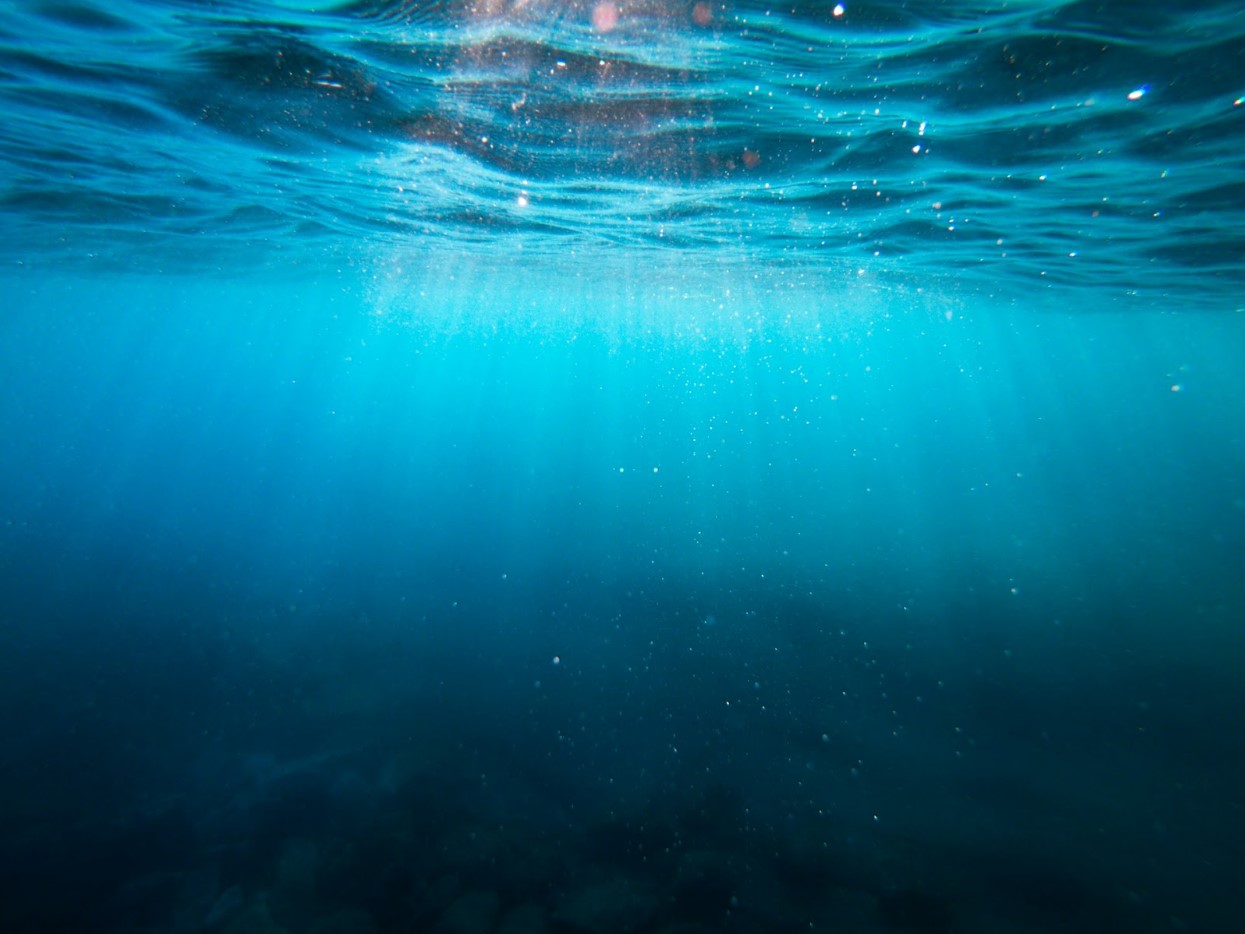
This second visit to the site involved the implementation of a remote underwater vehicle, which allowed them to get a closer look at the submerged structure and photograph it.
They discovered what seemed to be enormous granite blocks, 8 feet by 10 feet, that appeared to have been placed on top of one another. Zalitzki suggested this as evidence they had discovered a submerged city, though conceded that further proof was needed to say so conclusively.
Ruins of an Ancient City

The geologist Iturralde spent a great deal of time researching these rock formations. He described them as “peculiar structures” that he would “have a hard time” explaining geologically.
According to him, it would take potentially as long as 50,000 years for a structure like this to sink to this depth. But 50,000 years ago, none of the cultures we know of had the architectural capacity to construct complex buildings.
An Extensive Settlement
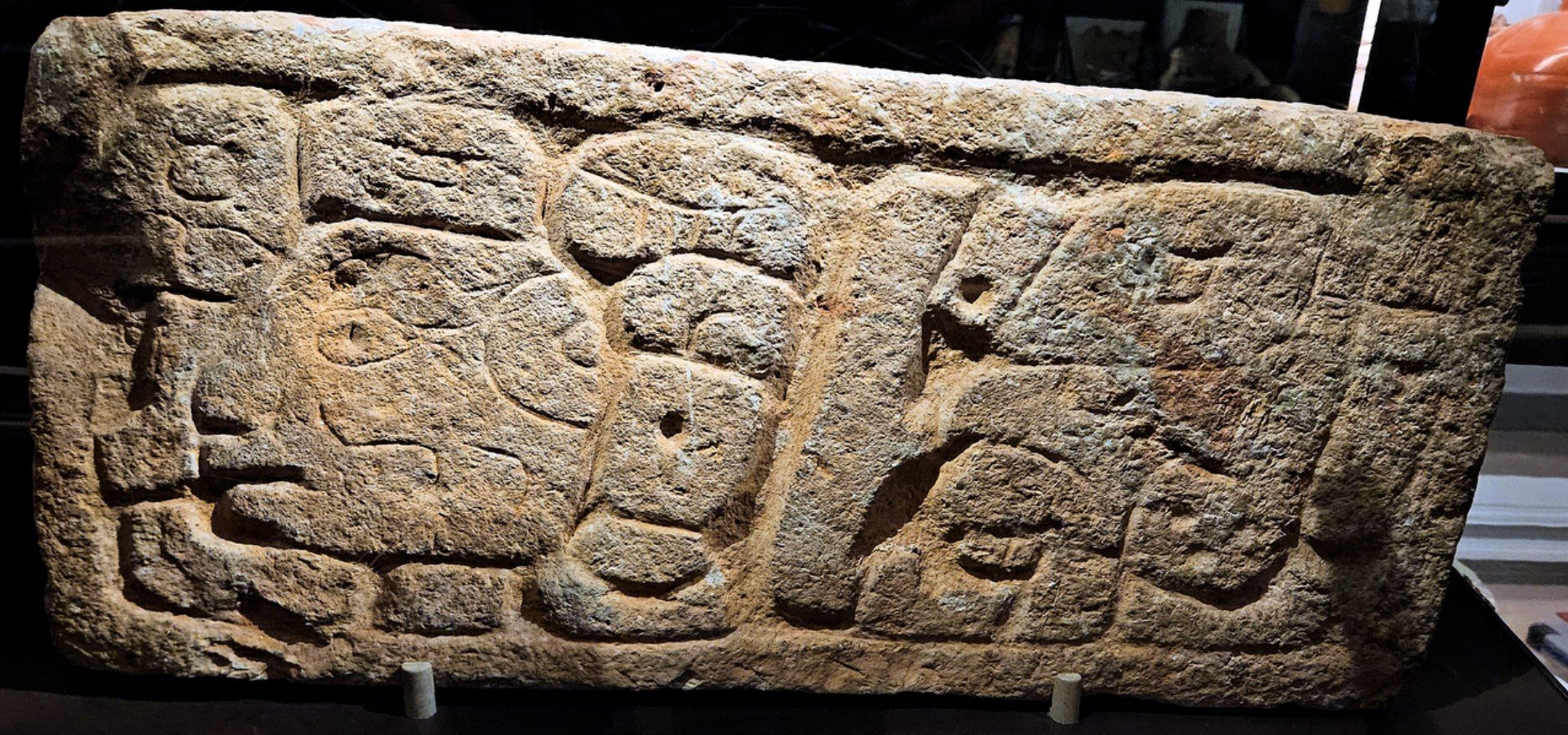
Weinzweig of ADC echoed Iturralde’s sentiments in a 2022 interview with the Florida Sun-Sentinel: “The structures we found on the side scan sonar simply are not explicable from a geological point of view.”
He postulates that the site may have once been a large urban center, though is careful to add that it would be “totally irresponsible to say what it was before we have evidence.”
Debate Around the Discovery
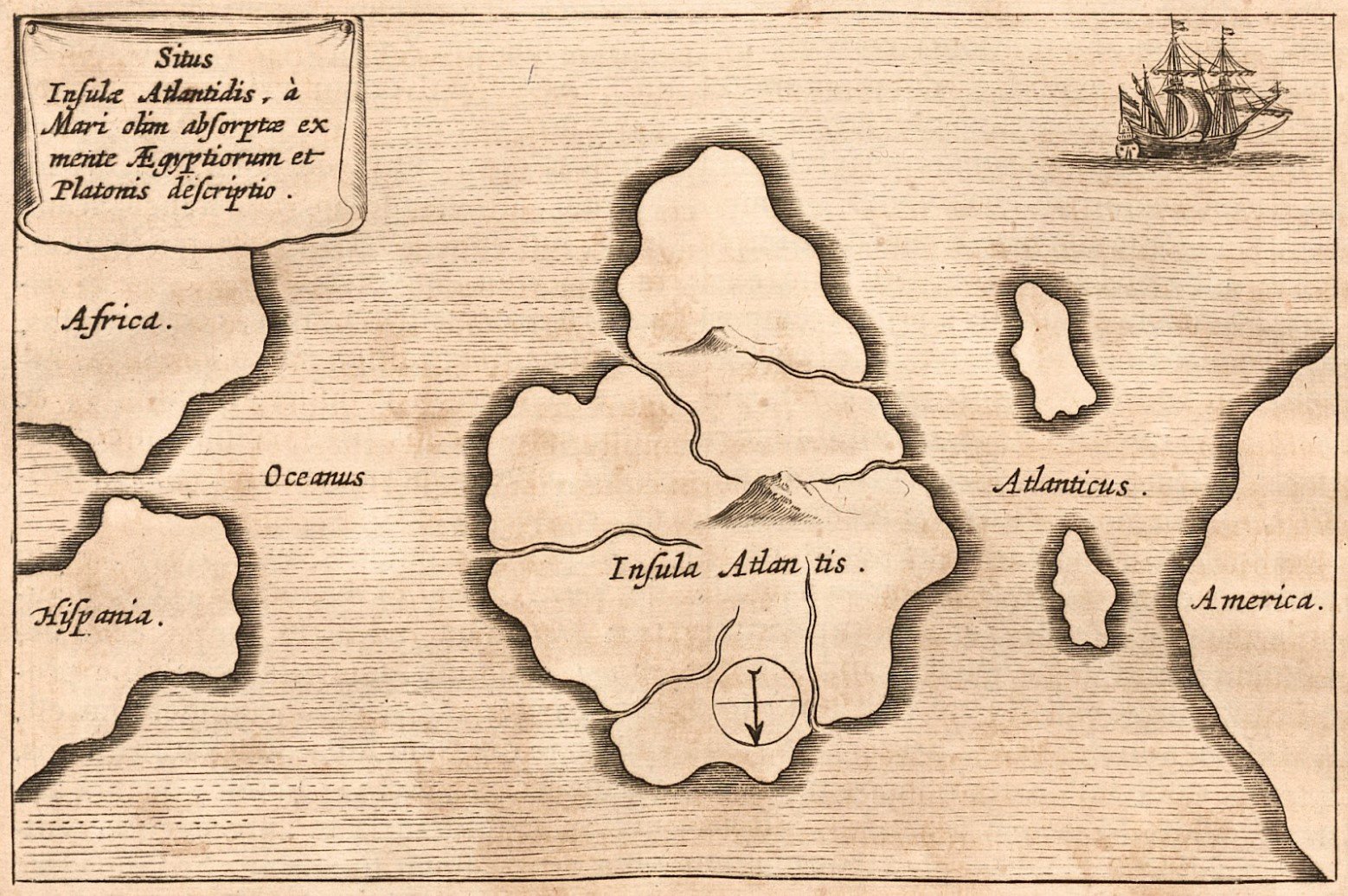
With just the mere mention of the potential discovery of a submerged urban settlement, there were some who couldn’t help but cast their minds to Plato’s Timaeus and Critias — the work in which he describes the mythical lost city of Atlantis.
Many experts were far more skeptical, although volcanic rocks recovered at the site strongly suggest that the undersea plain was once above water according to Iturralde — much like the fabled city.
Avoiding the Atlantis Myth
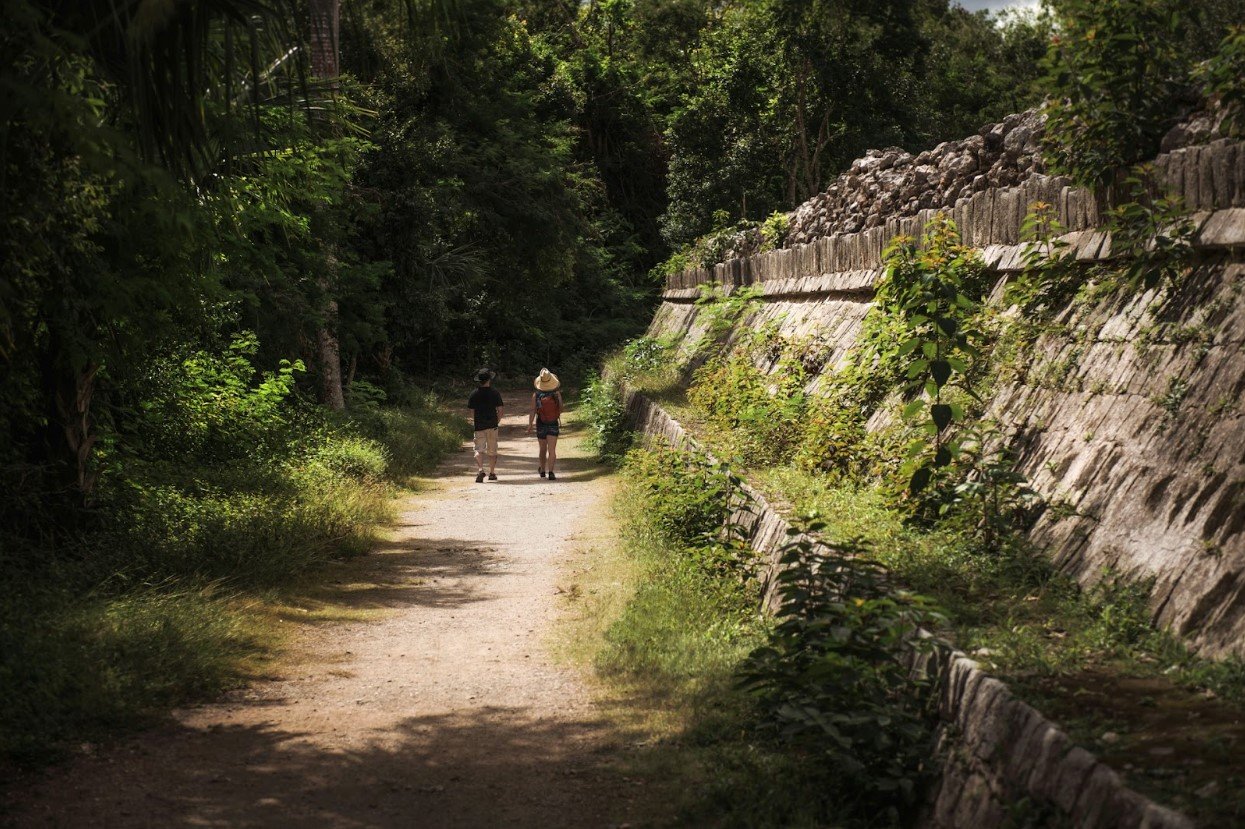
Despite the unavoidable narrative from some that they had discovered the lost city, Zelitsky and Weinzweig were very careful to steer clear of any similar assumptions and were cagey about throwing the word “Atlantis” around.
Zelitsky describes the Atlantis story as a myth, saying instead that what they’ve found is most likely remnants of a local culture that was once located on a land bridge that connected Mexico’s Yucatan Peninsula to Cuba.
Mayan Legends
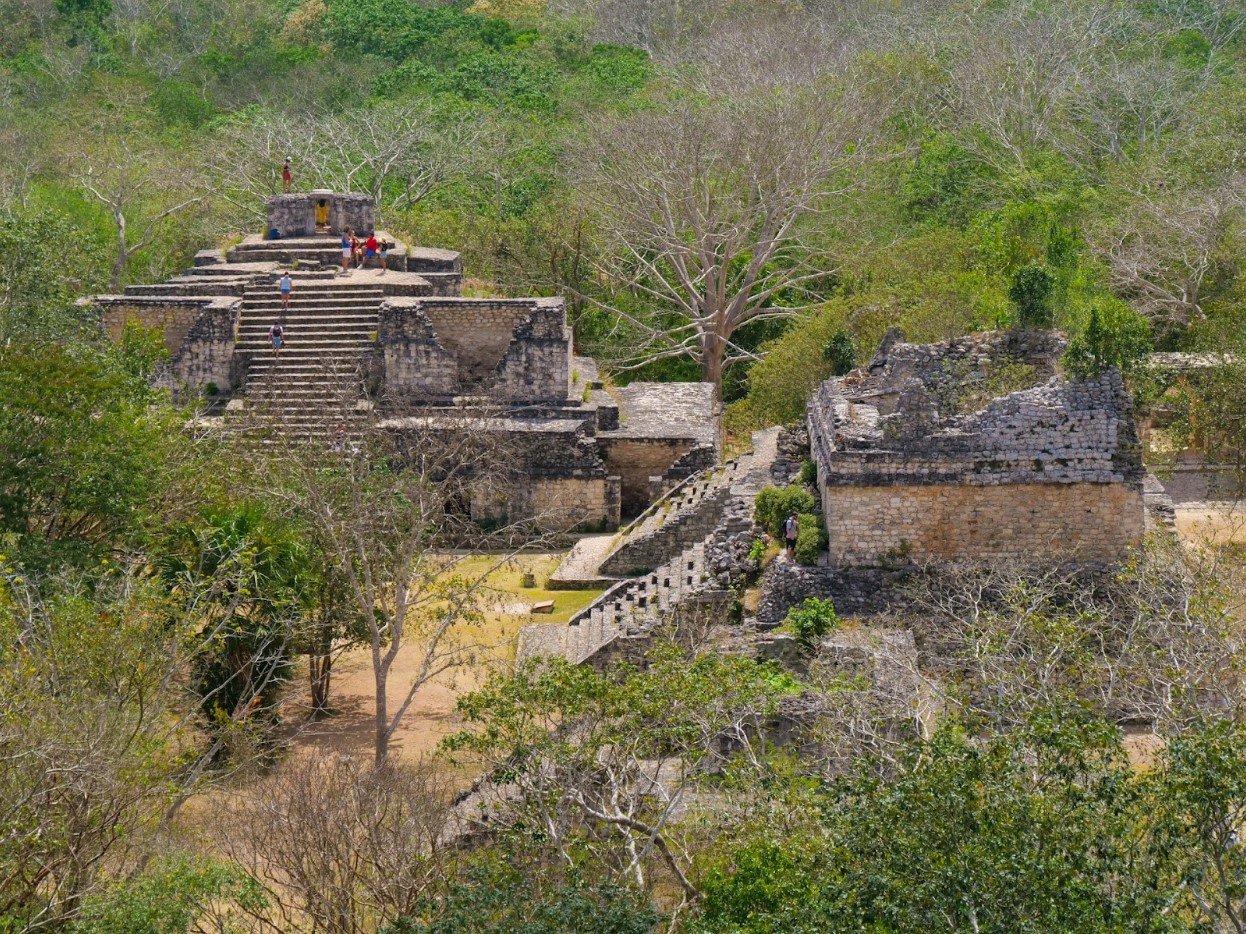
There are legends of the Maya and groups local to the Yucatan region that spoke of an island where their ancestors once thrived that vanished beneath the waves. Some claim this site could’ve been home to one of these groups before some natural disaster led to it being claimed by the sea.
Others have far less exotic explanations for the discovery, believing what researchers have actually found are simply natural, though unusually symmetrical and distinctive, rock formations.
Debunking the Theories
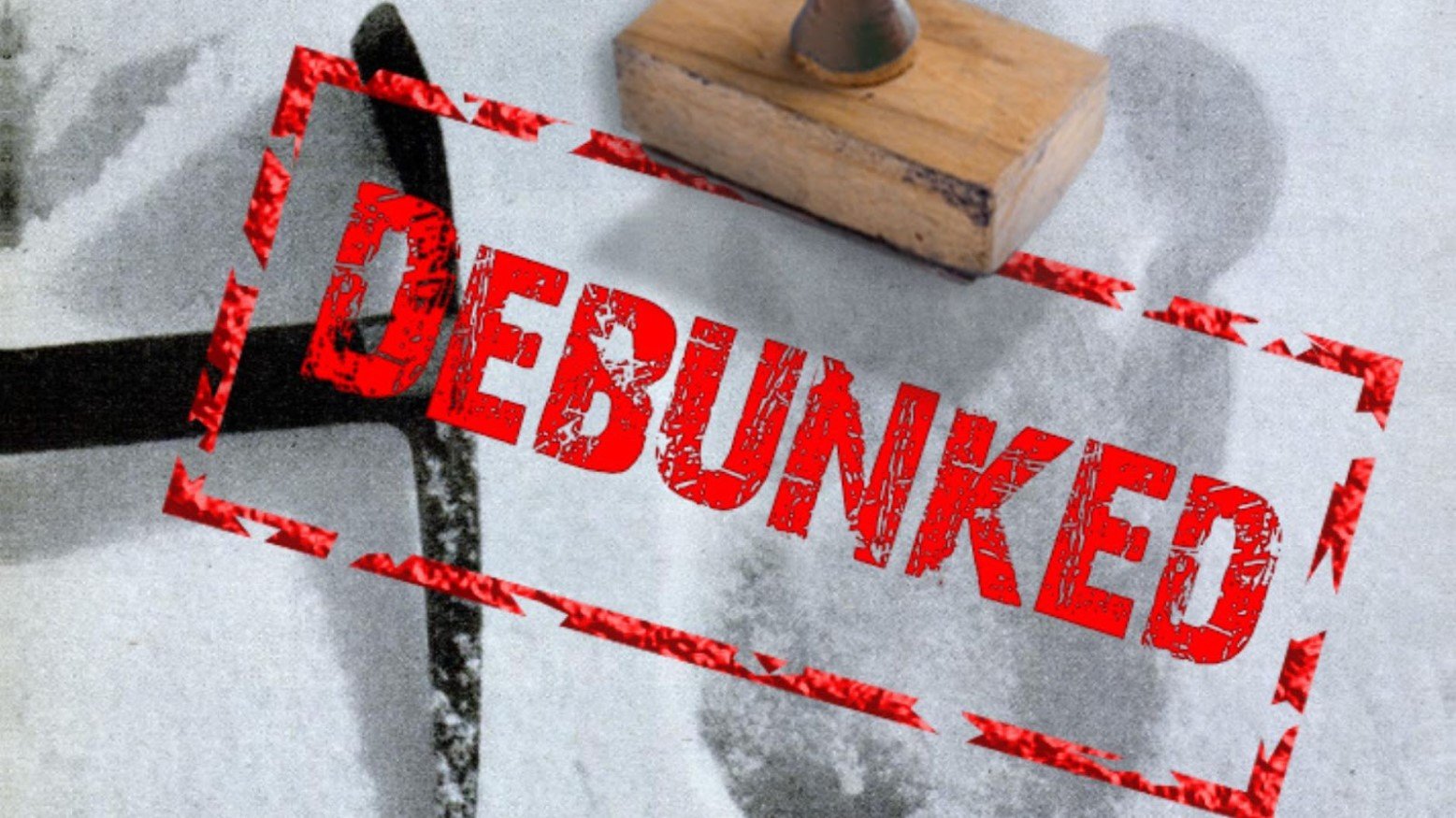
Keith Fitzpatrick-Matthews of Bad Archaeology has a lot of issues with both the Atlantis claims and Zelitsky’s settlement theory, mainly centering around the depth at which the rock formation was found. Speaking about the site, Fitzpatrick-Matthews said, “At no point during the Ice Age would it have been above sea level unless, of course, the land on which they stand has sunk.”
This is in keeping with Plato’s accounts of Atlantis, but these accounts also say it was destroyed by violent earthquakes and floods — Fitzpatrick-Matthews continues, “The violence of its sinking makes it improbable that an entire city could have survived plunging more than 600 m into an abyss.”
The Investigation Has Gone Cold
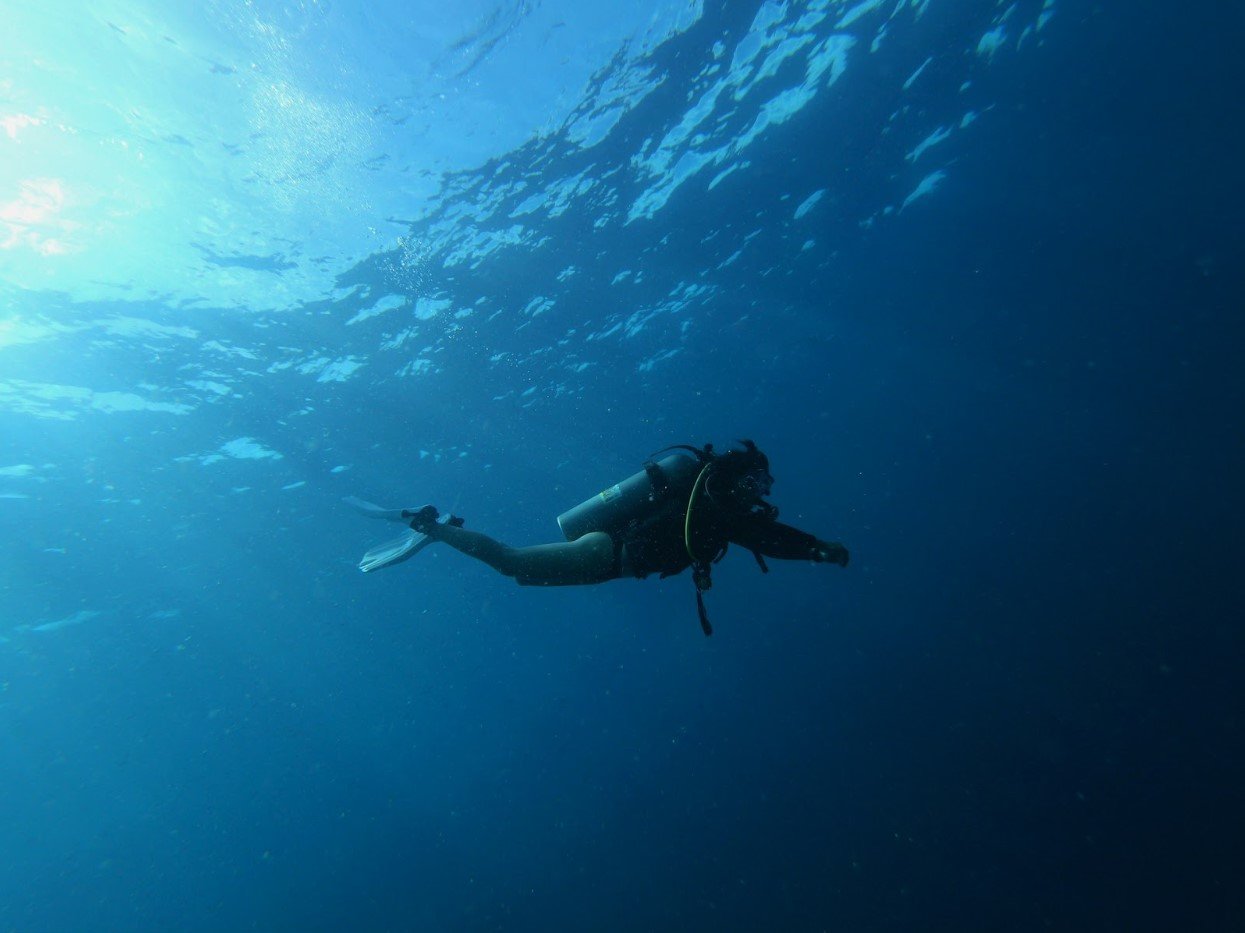
Despite capturing a lot of attention upon its initial discovery two decades ago, there has been little to no follow-up investigation at the site. This means the mystery of what lies submerged off the Cuban coast persists.
The debunking of Zelitsky’s ancient culture theories definitely cooled interest in the find. Perhaps it is simply a naturally occurring rock formation after all. But as long as there remain unanswered questions, there will always be a tantalizing “what if.”
